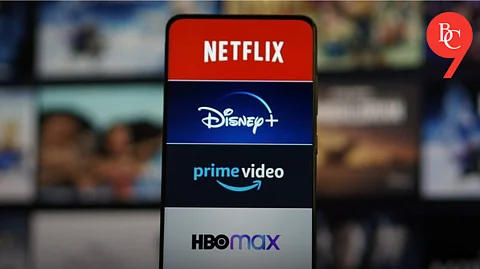Government Bans Ullu, ALTT, Desiflix, Big Shots & Others for Streaming Soft Porn Content
The Indian government has ordered the ban of 25 Over-The-Top (OTT) platforms and associated applications, including popular names like Ullu, ALTT, Desiflix, Big Shots, MoodX, and several others. The action, announced by the Ministry of Information and Broadcasting, comes after repeated violations of the Information Technology Act, 2000, and the Indecent Representation of Women (Prohibition) Act, 1986, as well as the IT Rules, 2021.
Authorities report that these platforms were found streaming content classified as “soft porn” or pornography disguised as erotic web series, often without proper age verifications or parental controls. Official investigations revealed long explicit scenes, nudity, and material described as obscene and vulgar, sometimes without any real storyline, social context, or meaningful theme. In some instances, these scenes were set in inappropriate contexts, such as family relationships, further amplifying concerns.
The move follows months of warnings and advisories from government bodies and regulatory councils. Platforms like Ullu and ALTT were previously cautioned but allegedly continued to bypass restrictions by altering or relocating their explicit content. Earlier interventions included the takedown of the web series ‘House Arrest’ following ministry intervention, but violations reportedly persisted.
Ministry officials highlighted that these platforms had little to no content moderation, making sexually explicit material accessible with few barriers, including to minors. The National Commission on Protection of Child Rights had also flagged Ullu and ALTT for content targeting vulnerable viewers in recent months.
On July 23, 2025, notifications were issued to all major internet service providers across India, directing them to block access to the named apps and websites. The crackdown was coordinated among various ministries, legal experts, and digital industry bodies. It included not just mobile apps but also websites, with the aim to close loopholes often exploited by these services.
The ban has ignited debates over censorship, creative freedom, and digital safety in India’s rapidly expanding OTT domain. Public reactions have ranged from support for protecting Indian cultural values and youth, to concern over where the line should be drawn with regard to content regulation. Some social media users responded humorously, while others warned of the implications for artistic expression.
While this move sets a strong precedent for digital safety and compliance, government officials have made it clear that stricter regulations and ongoing surveillance will be implemented. OTT platforms will now face higher scrutiny and are expected to bolster self-regulation, content moderation, and age verification measures. The crackdown is a clear message: content platforms in India must adhere to the law and uphold community standards, or face similarly stringent action.


